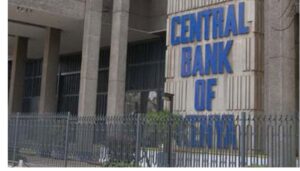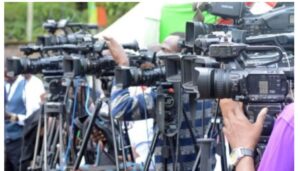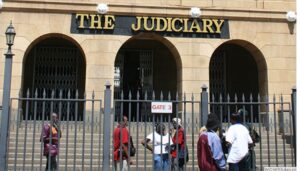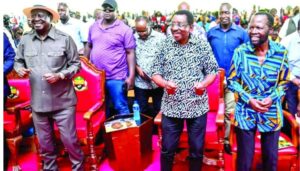Tough economic times ahead for Kenyans amid political jitters
Tough economic times ahead for Kenyans amid political jitters occasioned by the forthcoming general election.
Kenyans are bracing for tough economic times ahead as commodity prices climb, amidst political uncertainties brought on by election campaigns.
According to the Kenya National Bureau of Statistics (KNBS), the average inflation rate in December 2021 was 5.73 percent, owing to increases in the prices of food and non-alcoholic beverages, transportation, housing, water, electricity, gas, and other fuels.
Inflation rates surged during the election year ahead of polls in both 2017 and 2013, indicating that the rise is consistent with previous elections. Kenyan elections are set to take place on August 9 this year.
During the 2017 elections, prices rose every month leading up to the vote, peaked in September immediately after the votes were cast, and then began to fall consistently.
Kenyan Primary School Dropout wanted in USA for Defrauding Qatari Businessman, KSh 1.1 Billion
The Kenyan currency’s devaluation versus the US dollar indicates that Kenyans’ purchasing power is eroding, which is also a sign of rising prices.
After hitting a record low on December 3, 2021, the exchange rate between the Kenya shilling and the US dollar has decreased from $0.0092 per shilling to $0.0088 per shilling in just a year.
This week, it was trading at Ksh114 per dollar.
Prior to the 2017 elections, a similar pattern of currency depreciation was observed.
In addition, Kenya is now facing drought in numerous areas, with certain sections in the coastline and south-eastern regions reporting the lowest rainfall since 1981.
According to a UN report released in November 2021, the drought has had a substantial impact on crop productivity.
Also read,
Headteacher in custody over an assault on a student for taking extra chapatis
Follow us






